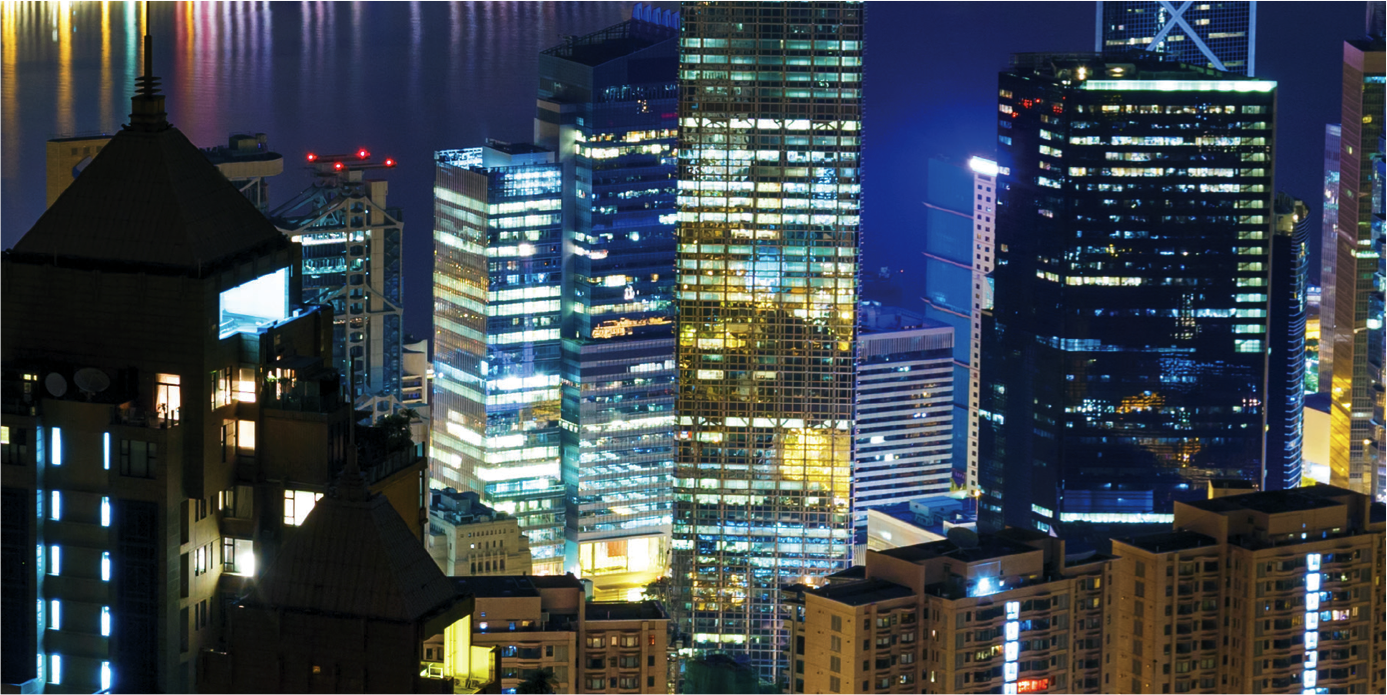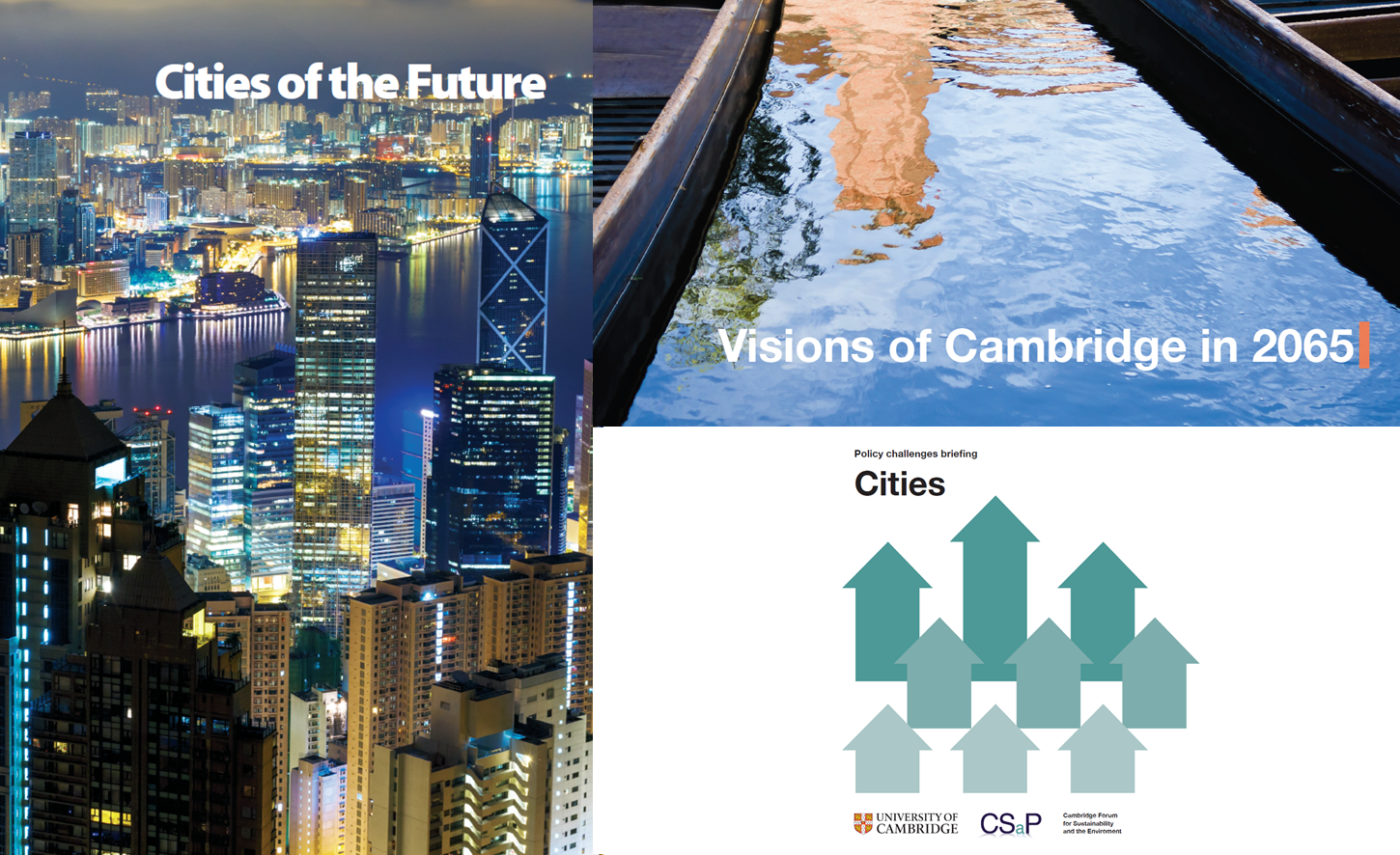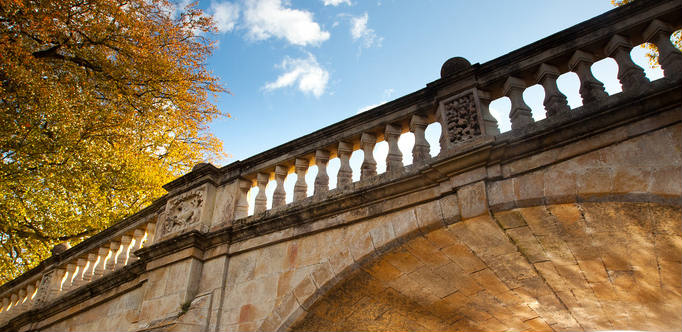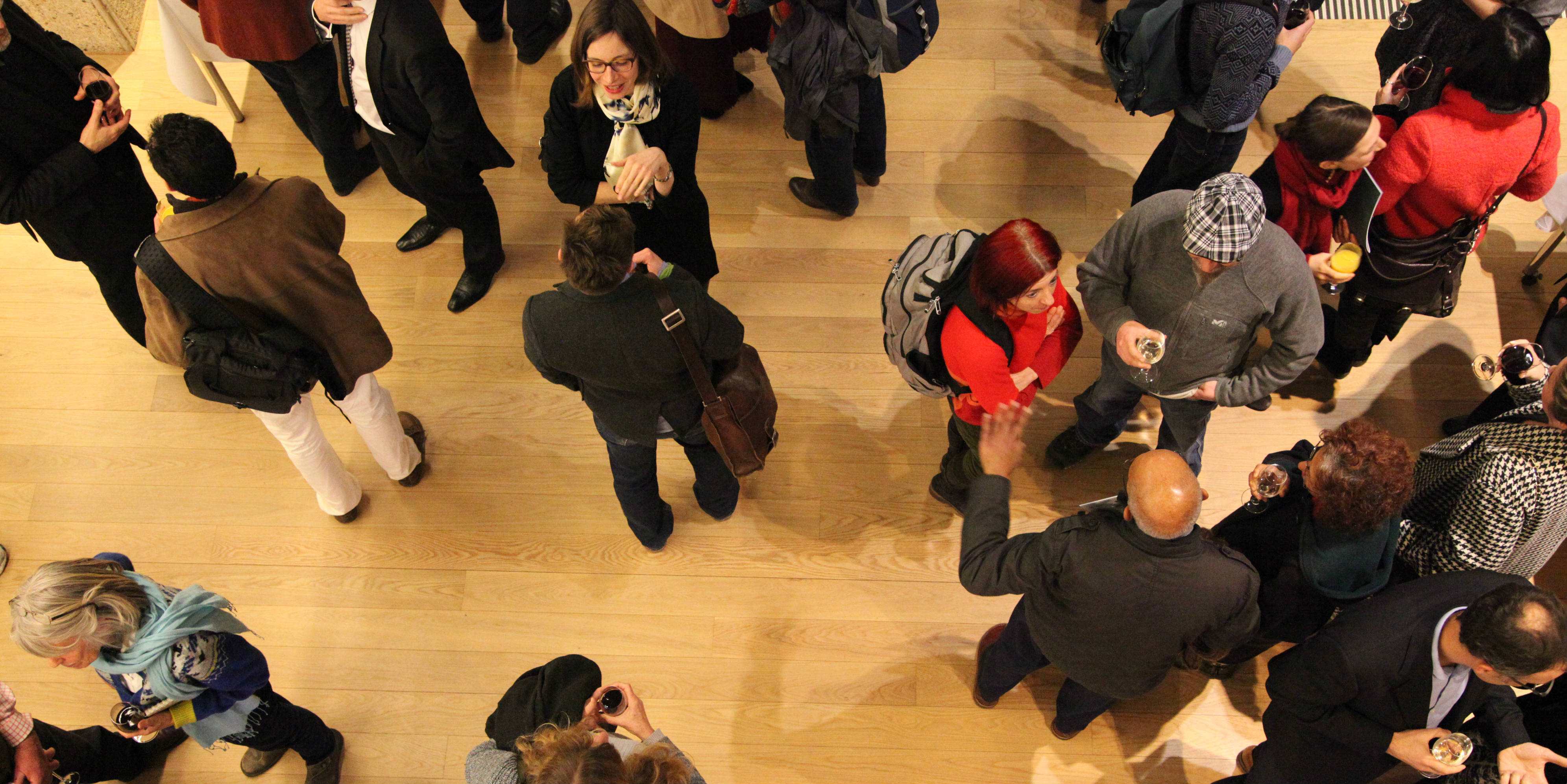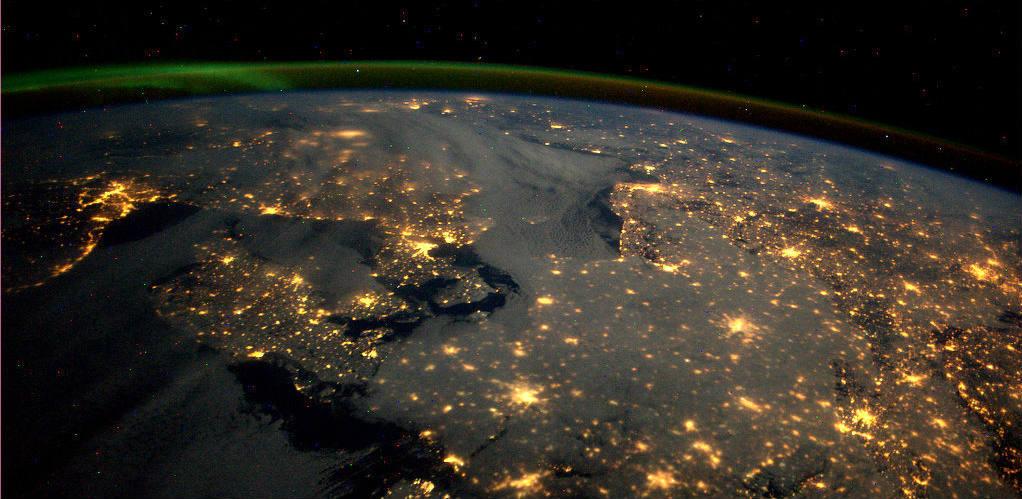
Today, more people live in cities than in rural areas and, by 2050, this ratio is predicted to rise to 7 out of every 10 people.
What measures can be taken to make cities more resilient to disasters or to long term changes in climate? Can we rethink how we design and live in cities? What will the impact of increasing numbers of people living in cities be on society, or biodiversity, or food, water and energy security? What do we know at the moment and where are the gaps we must fill to arrive at sound decisions on improved sustainability of cities?
These were some of the questions that framed our monthly meetings between October 2013 and June 2014. Each month, a panel of three witnesses provided their perspective on the characteristics of a sustainable city and the governance systems needed to support them. Although they came from a range of fields and backgrounds, they all worked in three overlapping areas: how we live in cities, where we live and how we respond to change.
The structure of the year was to solicit the perspectives of expert ‘witnesses’ on these issues; to debate these perspectives among the core Forum members; to identify the key areas where knowledge was lacking in a way that reduced the ability of society to take sound decisions; and finally to prepare these lessons as a report lighting the path forward to advanced research capable of filling the identified gaps in knowledge. Throughout the process, the focus was on the problem of recognising, designing and operating sustainable cities, rather than on any specific disciplinary focus. And the focus was on ‘added value of information’, identifying where additional knowledge would significantly improve the ability of society to understand the sustainability of cities and to take sound planning and design decisions.
Forum meetings
Sustainable cities was the ideal topic for the Forum to explore as it brings together social, biological and physical sciences as well as the arts and the humanities. Over the course of the year, 70 people took part in our meetings. From within the University, people joined us from 23 departments, institutes and centres and all six University Schools, including Physical Sciences, Technology, Biological Sciences, Humanities and Social Sciences, Arts and Humanities and Clinical Sciences.
The witnesses were drawn from different fields and worked on different aspects of cities, so the Forum explored a series of questions which bridged their areas of expertise. Most witnesses came from outside Cambridge and they included people from companies such as Arup, Happold Consulting and Marks and Spencer, senior policy makers from the Greater London Authority and the Department for Communities and Local Government (DCLG) and academics from UCL, the University of Edinburgh and the London School of Economics.
By bringing together such a rich mixture of policy- and decision-makers from governments and business, technical experts and researchers as expert witnesses to the meetings, the Forum aimed to derive fresh and innovative perspectives on this area which would then inform the deliberations of the core Forum members.
Public events
Sustainability in cities is a popular topic and over 500 people came to public events co-hosted by the Forum and other initiatives and centres in Cambridge to debate, ask questions and to talk about what they think future cities should and could be like. Our podcast from an event on ‘Cities in an uncertain future’ at the 2014 Science Festival was the most popular for a month afterwards and so far, more than 1000 people have listened to it.
Outputs
A policy briefing focusing on climate change resilience in cities and a report funded and inspired by the UK Government Foresight Future of Cities project to catalyze discussion about people's 'visions' of the future of Cambridge are two of the outputs of the Forum's cities topic. We are also in the process of distilling the key ideas from our meetings into a brief report on lessons for the focus of future research on this topic, and this will be released in Autumn 2015.
Partners
This topic was carried out in partnership with the Cambridge Centre for Science and Policy under their Policy Challenges Programme. Funded by the ESRC, this initiative brings together academic experts with stakeholders from government, business and civil society to provide senior decision makers with fresh insights on, and practical recommendations for, some of the problems they face.
We worked together on a Policy Challenge focused on ‘climate resilience in the built environment’, with the aim to consider how policy makers might better understand the effects of climate change on cities and on urban populations, and to reflect on the adaptation of existing built environments and modes of governance.
Please contact Dr Rosamunde Almond for more information about what we discussed, our outputs and the public events we held (r.almond@damtp.cam.ac.uk).


